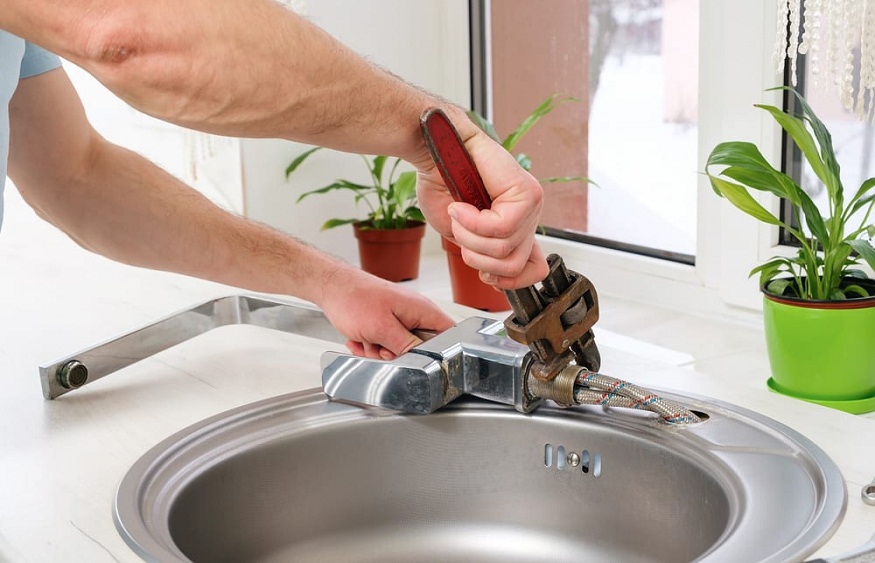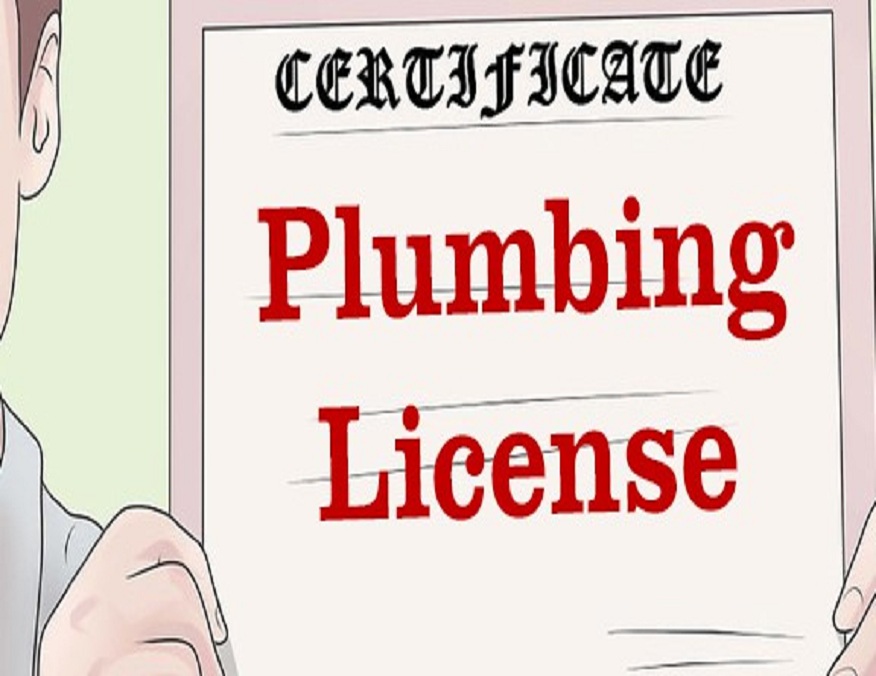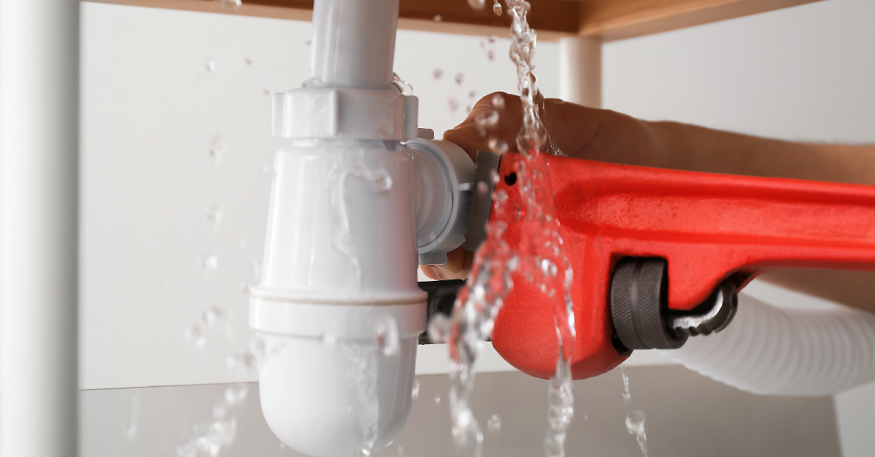Fixing a leaking faucet takes time and is inconvenient. We will discuss with you how to prevent a faucet leak for your convenience. You are going to save both effort and time by knowing how to stop a leaking faucet.
If you are living in Twin Falls and have a leaky faucet, contact Twin Falls plumbing services, which are equipped with the knowledge and skills required for an affordable and effective repair of a leaky faucet.
What do you do if you have a leaky faucet in your home?
Yes, it is possible to stop a leaky faucet. Preventive steps to avoid faucet leak repairs consist of keeping ideal water pressure, making sure that the taps are kept dry, and assuring the water quality is free of excessive minerals.
1.Check the Pressure in Your Water
The plumbing components in your house may become overloaded if the water pressure reaching them is very high. Leaky plumbing fittings and odd sounds coming from the supply pipes are obvious indications of high water pressure. In this case, it might be best to employ a professional to check the level of water pressure entering your home and, if required, install a pressure-reducing valve to improve the efficiency of your plumbing system.
2.Check the Hardness of the Water
Check the water hardness with an easy testing kit that is available at most hardware stores. Hard water is a contributing factor to a variety of plumbing problems, including leaking faucets. Putting a water softener, which removes the minerals that cause hard water, is an option if your water turns out to be too hard.
3.Keep your faucet dry.
Keeping the area dry is a simple yet effective approach to preventing leaks at a faucet’s base. Water collected after using the faucets could result in corrosion. In addition to helping to keep your home clean, keeping the area dry and clean after handwashing or brushing your teeth also helps to stop faucet leakage.
4.Cut Off Water at the Source
Turn off the water at the nearby shut-off valves if you are using a utility sink or faucet that you rarely use until you do. The faucet will not be able to hold back excess water pressure for a period if the water is turned off at the source.
Reasons Why Faucets Leak
Internal corrosion, mineral buildups, or failing parts can all cause faucet leaks.
1.Internal Corrosion
Water might seep through the fractures caused by internal corrosion. Leaks in the faucet will result from corrosion, compromising the sealants surrounding the faucet and breaking them down. Use a soft cloth and a mild detergent to remove any corrosion for do-it-yourself faucet leak repair. Using a product made specifically to remove significant corrosion from metal may be required to get rid of stubborn corrosion. The O-ring is probably harmed by corrosion if the faucet’s base is leaking. Faucet leaks typically appear around the spout when there is corrosion in the ball valve.
2.Mineral deposit
You may notice a mineral build-up if you see less water coming out of your faucet. There is a lot of lime in the water, which may result in faucet leaks. The accumulation of lime and other minerals within your faucets may increase the water pressure, which will put more pressure on the seals and joints. Use cleaning products and a gentle brush to remove mineral deposits gently. Mineral cleaning products may damage your faucet’s finish, so be sure to rinse it off immediately.
3.Broke parts
When you turn the handles of the faucets, is it harder for you to completely stop the water flow? Cartridge valve failure may result from normal wear and tear. You will eventually have to apply more pressure to the handles in order to stop a faucet leak if the cartridge valves malfunction. Cartridge valves need to be replaced regularly in order to fix faucet leaks properly.




